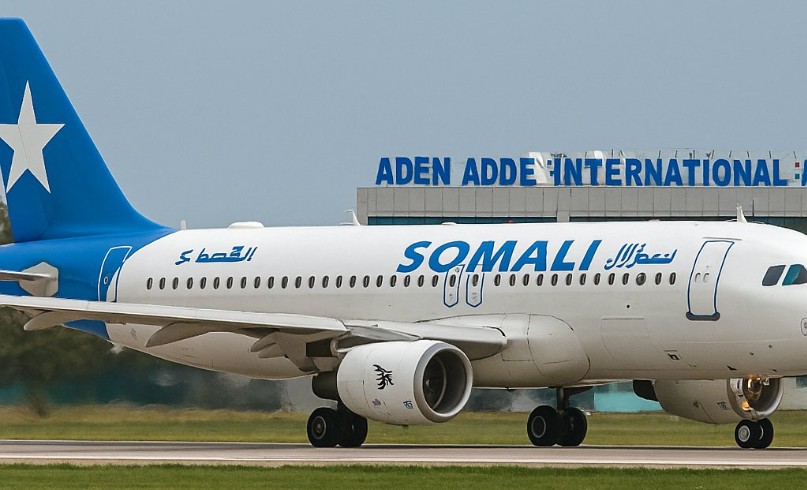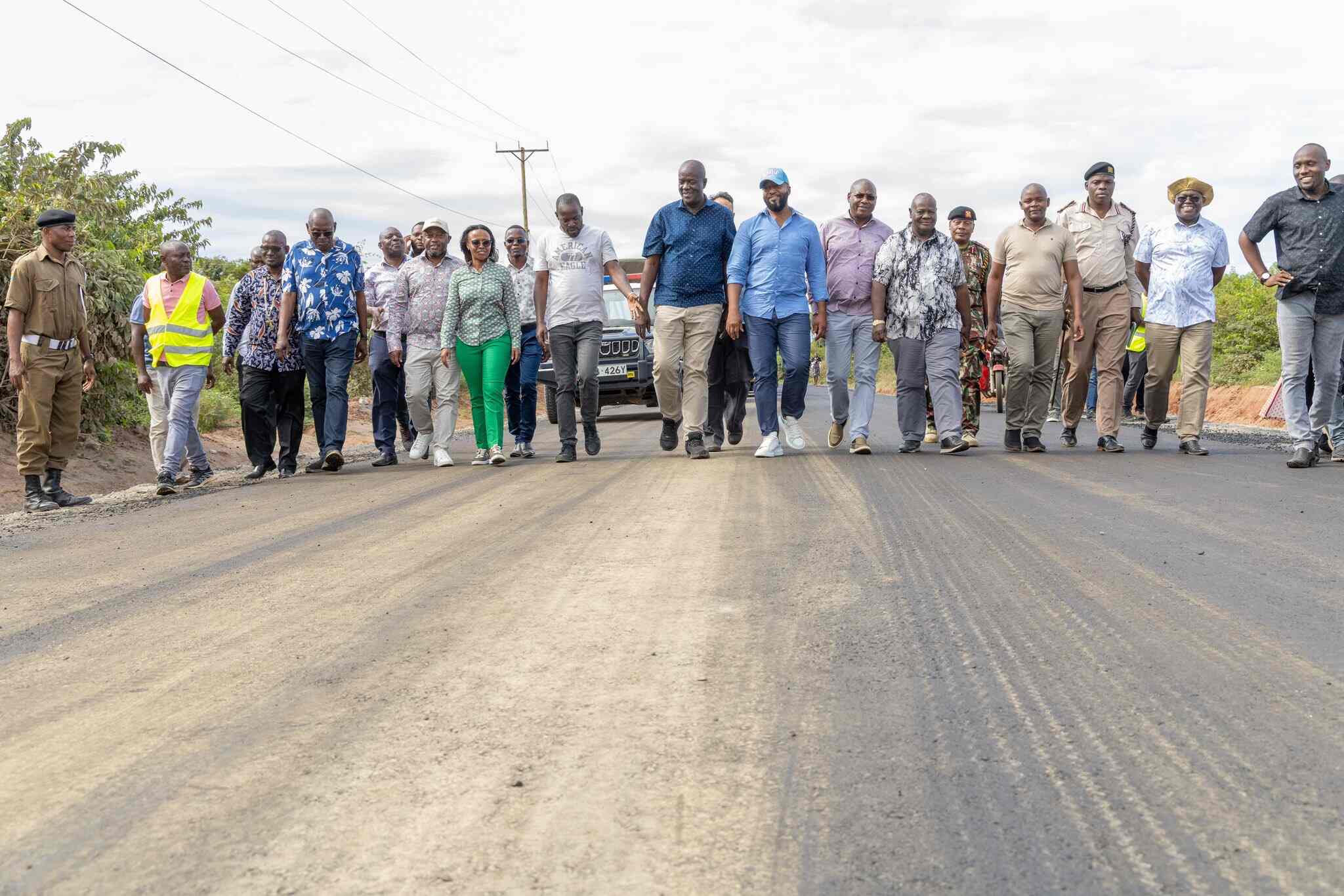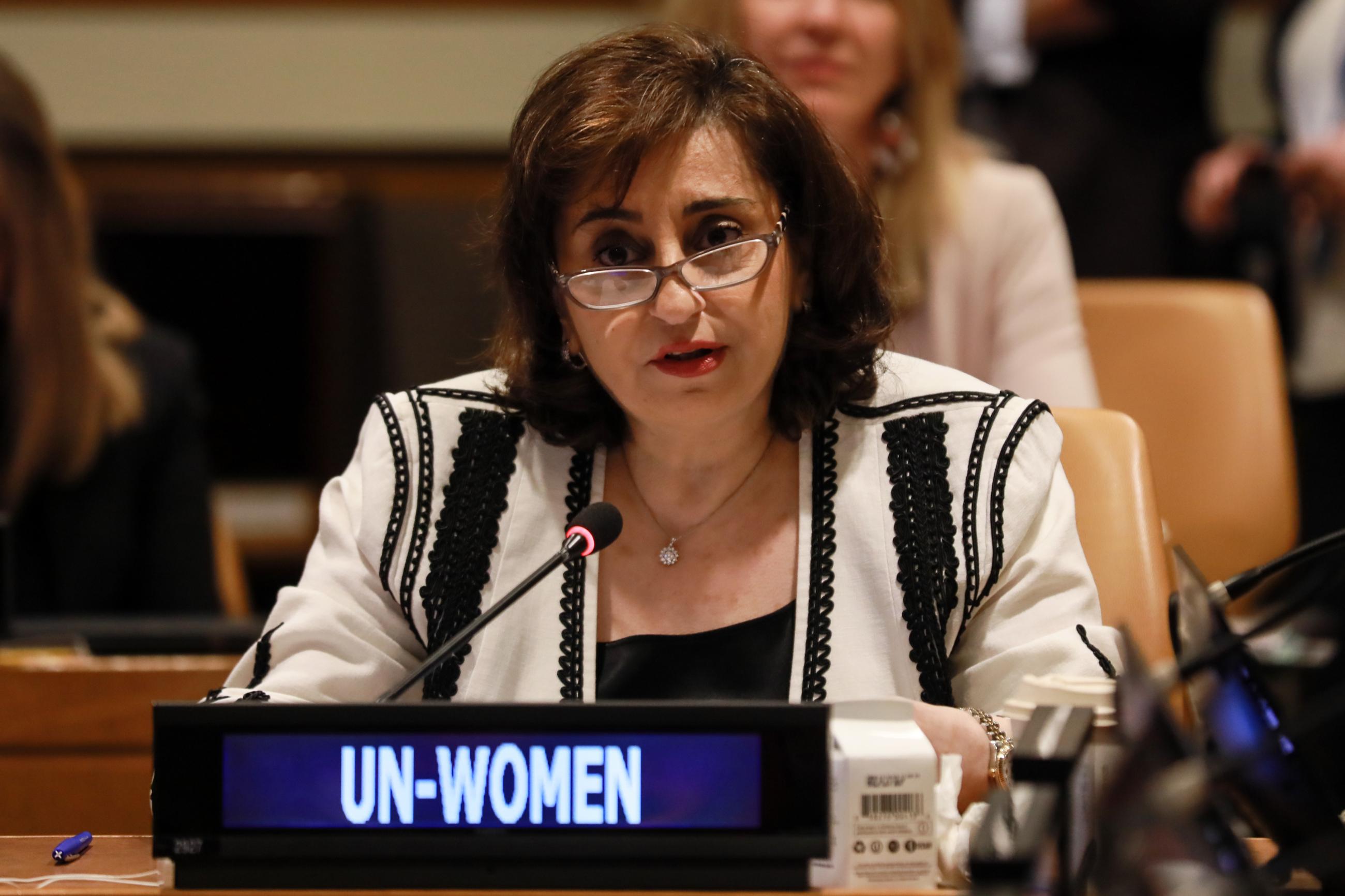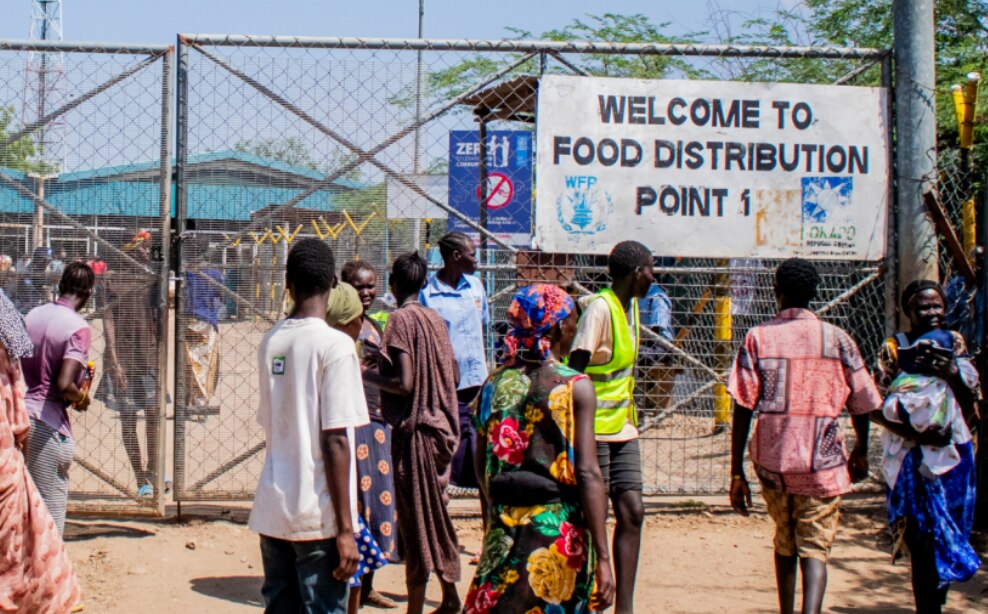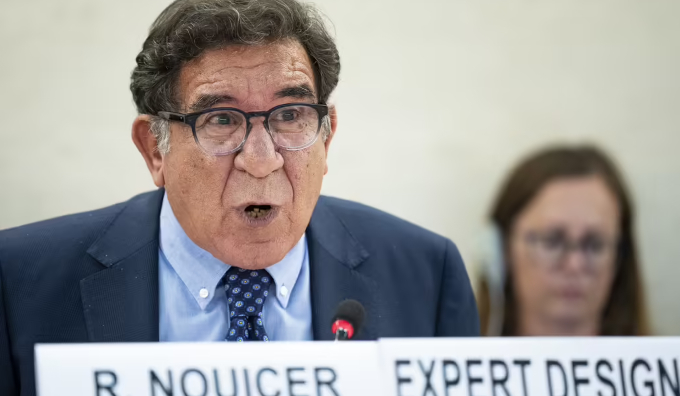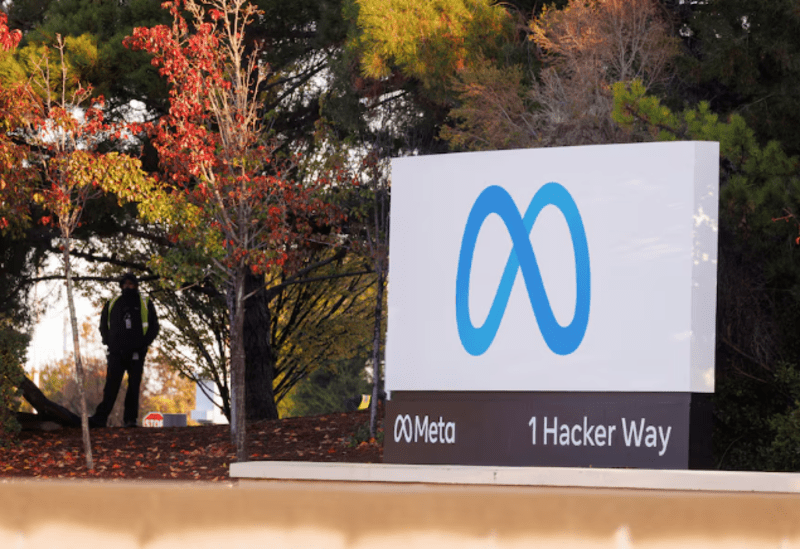Cabinet approves implementation of road traffic management project
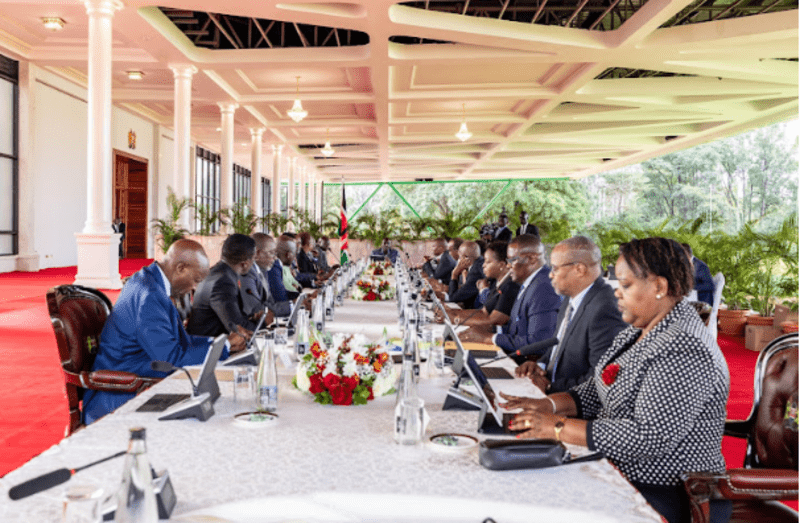
The system was piloted on two city roads and 10 junctions along Ring Road and Ngong Road.
The Cabinet has approved the implementation of the third phase of the Nairobi Intelligent Transport System (ITS) establishment and Junction Improvement Project, meant to reduce traffic in the city.
According to the Kenya Urban Roads Authority (KURA), the project will involve the use of CCTV cameras and traffic lights connected to a control centre to clear snarl-ups and prevent traffic build-up.
More To Read
- MPs propose three-year term limit for state corporation CEOs
- Rwanda's new PM, Cabinet members sworn in
- Rwandan President Paul Kagame reshuffles cabinet
- Kenya Railways losing millions as ticketing flaws let passengers ride free, Auditor General reveals
- KeNHA cancels Nairobi–Kiambu road tender despite multi-billion Chinese funding deal
- KURA to close part of Nyali’s Links Road for six months starting August 1
On February 6, KURA confirmed that the three-phase works are scheduled to commence by the end of 2024.
"The Phase III of this seminal project is expected to revolutionize traffic management in Kenya, eliminating human interfaces in traffic control, and streamlining the payment of penalties for traffic offences," said the Cabinet in its dispatch on Wednesday.
The Cabinet added that the project will address traffic congestion in Nairobi and align with international best practices in city management.
Phase III will be funded by the China Exim Bank with the works expected to last three years.
The first two phases will, however, be funded by a loan from the Export-Import Bank of Korea.
A USD61 million tender notice was issued by KURA in May last year towards the cost of the first phase which will involve the implementation of the detailed design and construction of civil works for rehabilitation and improvement of 25 junctions to meet the adequate capacity for traffic demand.
Additionally, it will involve the installation of CCTV cameras, vehicle detection systems and a communications network in the 25 junctions.
The second phase involving the improvement of junctions and installation of ITS facilities for the city's 81 intersections will then follow.
The system was piloted on two city roads and 10 junctions along Ring Road and Ngong Road and was found to have helped ease traffic significantly further minimizing the need for traffic police presence.
Cheil Engineering Company of Korea was last year contracted to lay the ground for the project and oversee its full implementation and operation.
In 2019, the Nairobi Metropolitan Area Transport Authority (NAMATA) revealed that traffic congestion in Nairobi cost Kenya approximately USD1 billion annually, ranking as the world's fourth most congested city.
The report noted that while the majority of the transport is by Public Service, the sector is plagued by problems that remain a stumbling block to Kenya's economic growth.
Top Stories Today
- CS Hassan Joho orders immediate closure of Simba Cement's mining operations in Kaloleni
- Dida's wife, Amina Halake, announces 2027 presidential bid
- Court upholds mandatory LSK membership for advocates
- UN Women says 1 million women, girls starving in Gaza
- Search continues for missing Watamu brothers lost at sea amid calls for rescue boats
- Kenya adopts new media code, ushering in stricter AI and child protection rules
